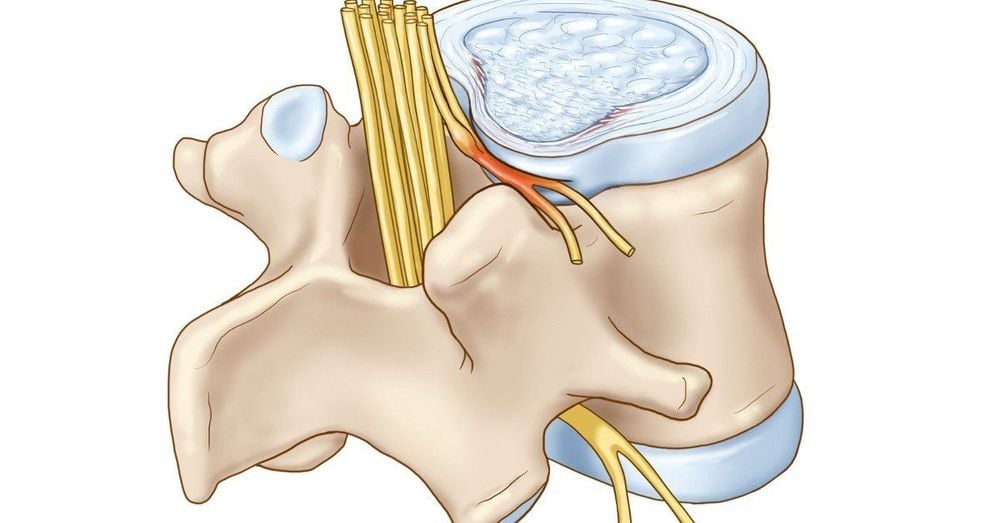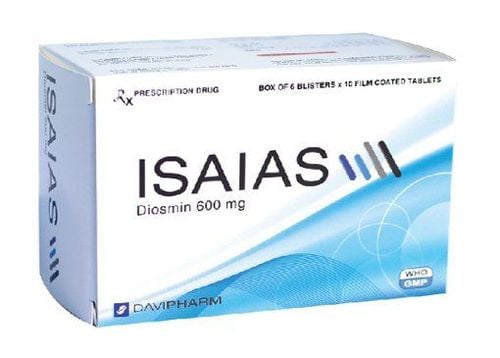This is an automatically translated article.
Convulsions and muscle spasms are most common in the eyelids, thighs, calves, hands, arms, abdomen, ribcage, and soles of the feet. Sometimes doctors aren't sure why part, all, or a muscle group is the way it is. Therefore, finding the cause of convulsions and muscle spasms will support the correct treatment.
1. Convulsions, eyelid spasms
Normally, the muscles will work according to your will i.e. being told by the brain what to do. But sometimes the muscles automatically contract, twitch, or become stiff and unable to relax. Random upper or lower eyelid twitching can make you feel blurry or really uncomfortable. Triggers include: Stress and smoking, wind, bright light, too much caffeine and lack of sleep. Although uncomfortable, seizures are harmless and usually go away quickly. The condition can also come back over the next few days.
Convulsions that last longer than a few days could be a warning sign of an eye problem, like dry eyes or glaucoma. Eyelid twitching can also occur if you have problems affecting the movement of your facial muscles. In rare cases, eye twitching can be a sign of a brain or neurological disorder, such as Bell's palsy, multiple sclerosis, and Tourette's syndrome. If this is the cause of the muscle spasms, you will also experience other symptoms.

Co thắt mí mắt có thể là nguyên nhân co thắt cơ
2. Not enough water and electrolytes
If you do not drink enough water, the muscles are more likely to convulse and spasm. In addition to water, excessive sweating or loss of body fluids due to illness also causes electrolyte loss. Meanwhile, muscles need to depend on minerals like potassium and magnesium, to function properly. If you're about to lose strength, your body will send notifications through cramps and spasms. Exercising or sweating a lot is the main cause of exhaustion, and some medications can also cause this condition. You also run the risk of losing too many electrolytes after an episode of diarrhea or vomiting.
3. Can stress cause seizures?
Stress not only gives you headaches or insomnia, but it can also cause tension and pain in the muscles. This is also one of the common causes of eye and thigh muscle twitching. Try a relaxation technique, such as massage or meditation, to deal with stress.
4. Too Much Caffeine
Caffeine can help you stay awake in the morning and avoid grogginess in the afternoon. But too much caffeine can cause muscle twitching in different parts of the body.
5. Lack of sleep and exhaustion
Convulsions and muscle spasms are also one of the ways the body tells you that you are tired or exhausted. Your muscles may also feel achy and sore or become weak.
If you experience muscle spasms after exercising or walking, you may need to spend more time building up your muscle strength. Do strength training exercises at least twice a week.

Thiếu ngủ và kiệt sức có thể khiến bạn gặp tình trạng co thắt cơ
6. Certain drugs
If you have high blood pressure or heart disease, your doctor may give you a diuretic. This medicine makes you urinate more often, reduces the amount of potassium in your body, and can cause muscle spasms. Other drugs can also cause seizures, eg some antidepressants, stimulants such as amphetamines. Certain medications for epilepsy and psychiatric disorders also cause eyelid twitching.
7. Serotonin syndrome
If your muscles twitch within a few hours of taking a new medicine or changing the dose, call your doctor. Muscle spasms can be caused by certain medications or supplements that cause the body to build up too much of the brain chemical serotonin. This is a serious condition, often accompanied by a very high fever and other symptoms, that requires urgent medical attention.
8. Kidney disease
Usually there are no early warning signs that tell you that your kidneys are slowing down. When the kidneys lose their ability to work, you may experience muscle cramps along with other symptoms. If you have diabetes, high blood pressure, or other kidney problems, see your doctor.
9. Lou Gehrig's disease
Muscle twitching in the hands and feet can be one of the early symptoms of Lou Gehrig's disease, also known as amyotrophic lateral sclerosis. Seizures are caused by nerves in the brain and spinal cord sending magnetic messages to the muscles, telling them to stop working. Abnormal muscle spasms occur before the muscles stop working completely.
10. Pinched spinal nerves
When spinal nerves deviate from the spinal cord, they lie between the bones of the spine. Sometimes the discs between the bones slip or break, compressing the spinal nerves. You may feel changes in the muscles that the pinched nerve controls. Your doctor can diagnose the problem through a physical exam or an MRI or CT scan.

Nguyên nhân co thắt cơ có thể do dây thần kinh cột sống bị chèn ép
11. Neurological disease
When damaged, nerve cells change the way they communicate with each other and with the brain. Twitching and muscle spasms can be warning signs that the nerves that control your muscles are affected. In addition to some people who are born with the condition, neurological problems can also be caused by injury, infection, disease, alcoholism, and certain medications. Diabetes is the leading cause of nerve disease.
12. Isaacs . Syndrome
This rare condition occurs when your nerves repeatedly send signals that tell the muscles to move, even though the brain or spinal cord doesn't tell them to. This causes convulsions and muscle stiffness, as well as cramps. The patient's muscles also appear wavy, as if something is moving under the skin. This condition is called hypogonadism or Isaacs-Mertens syndrome, and symptoms continue while you are asleep or under general anesthesia.
Please dial HOTLINE for more information or register for an appointment HERE. Download MyVinmec app to make appointments faster and to manage your bookings easily.
Reference source: www.webmd.com












